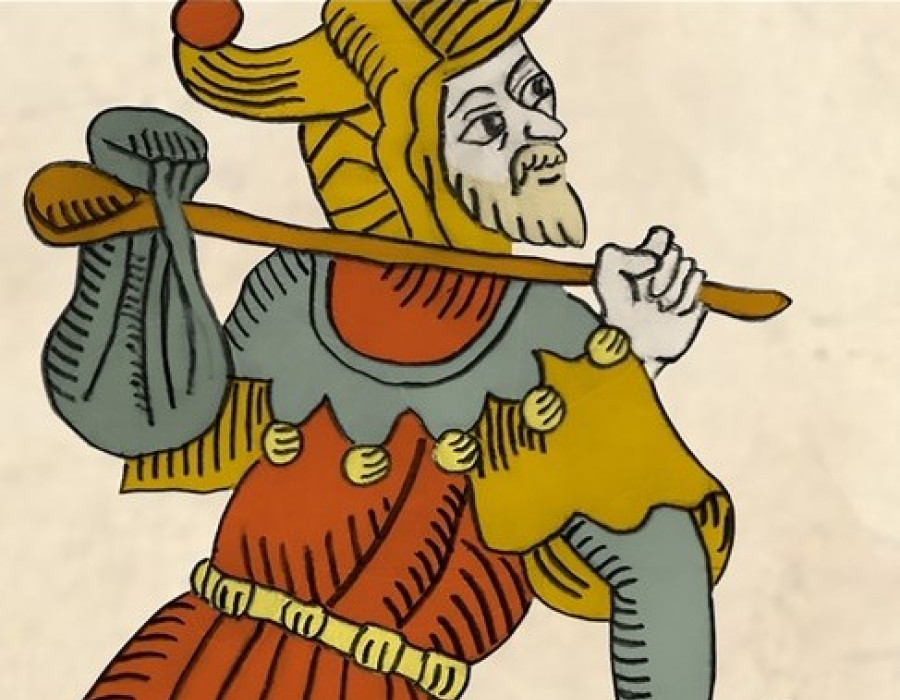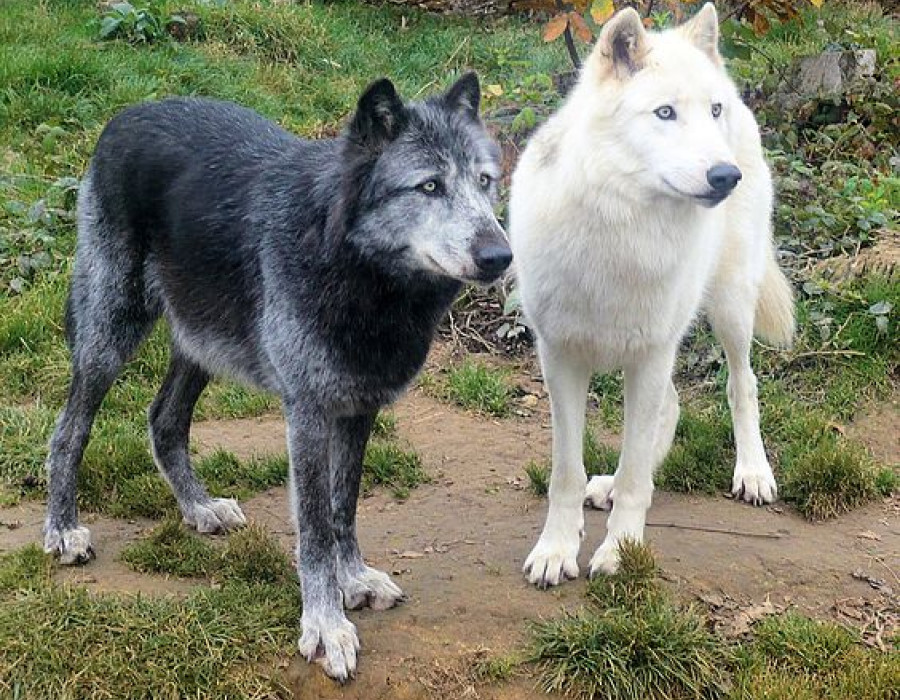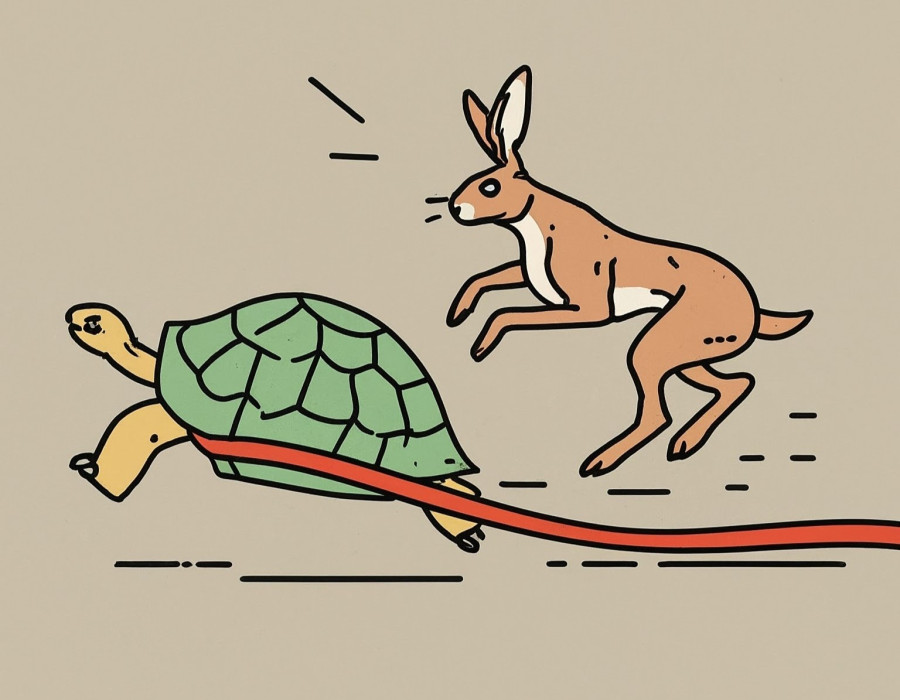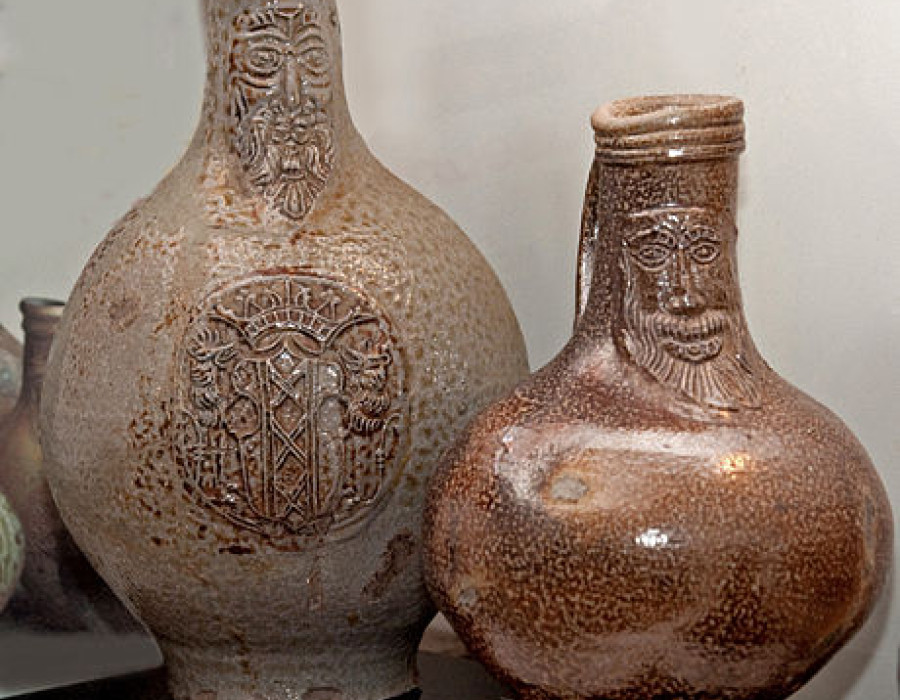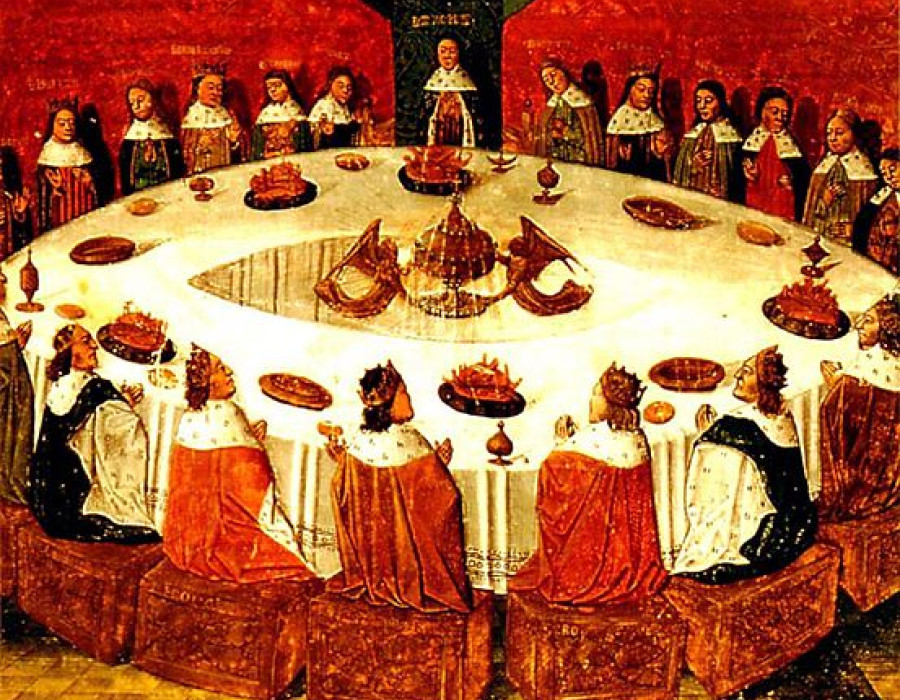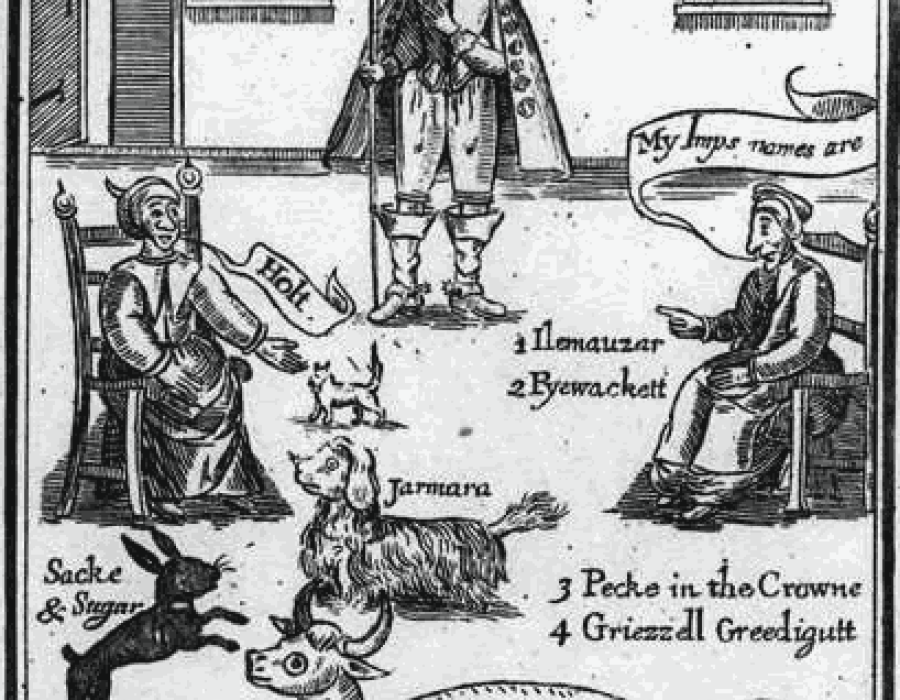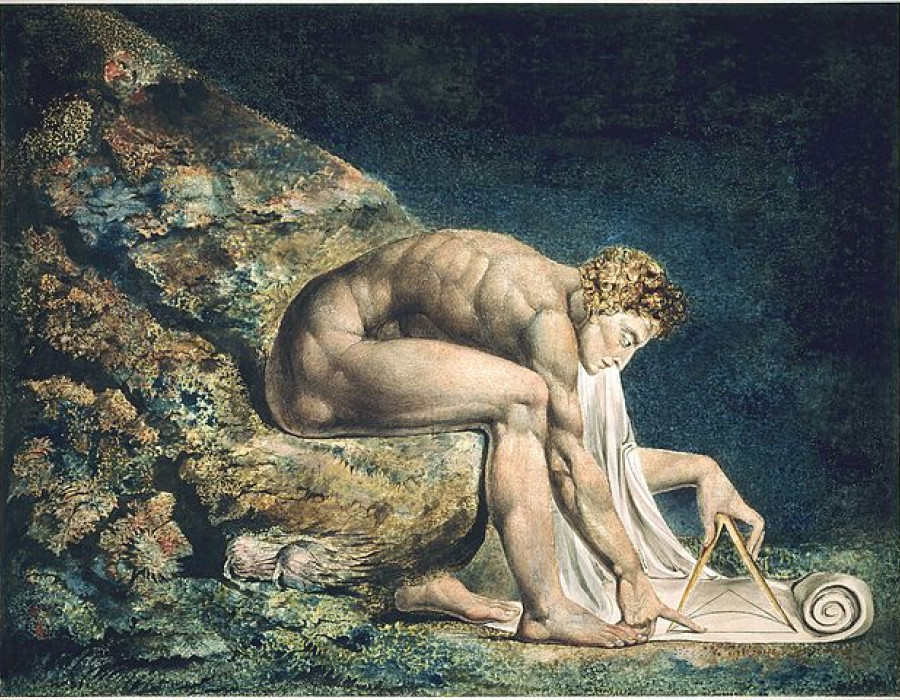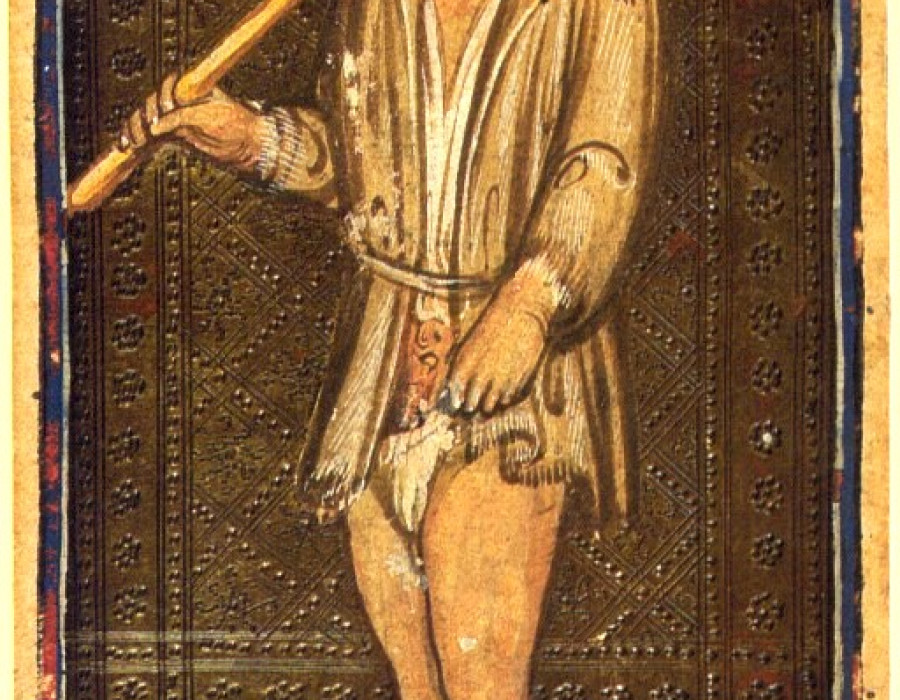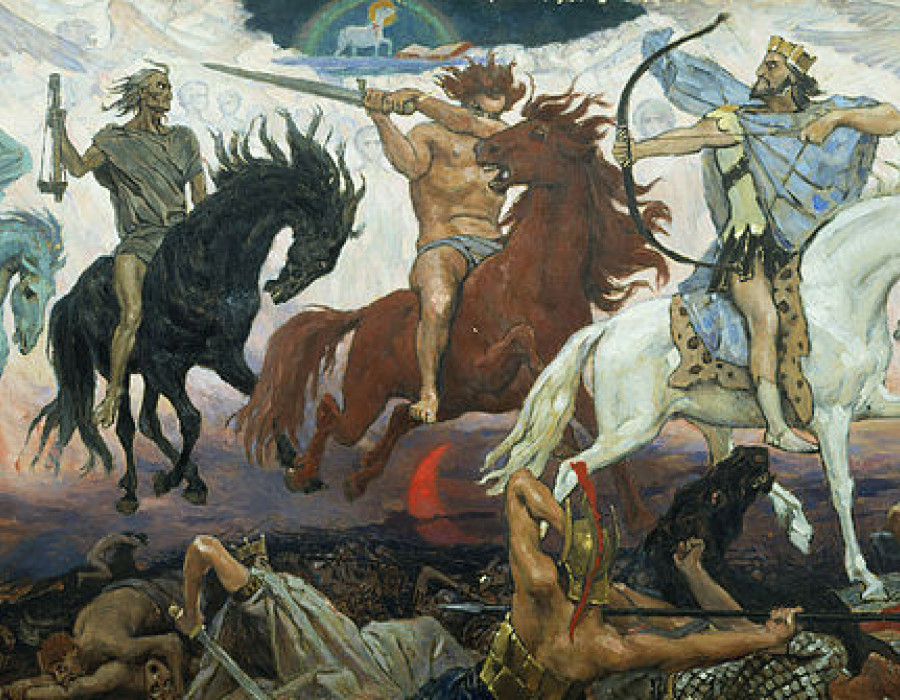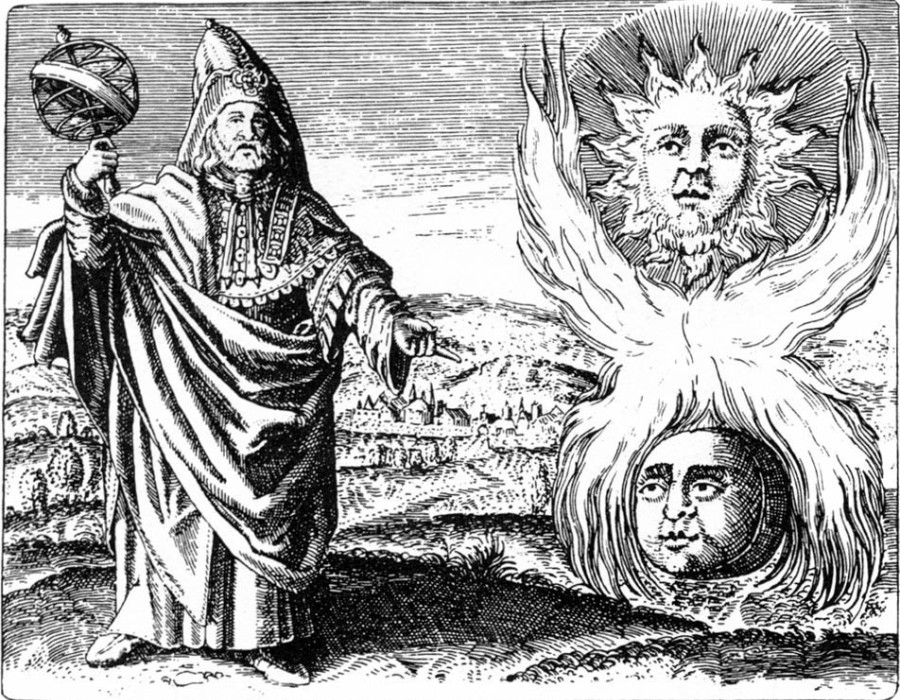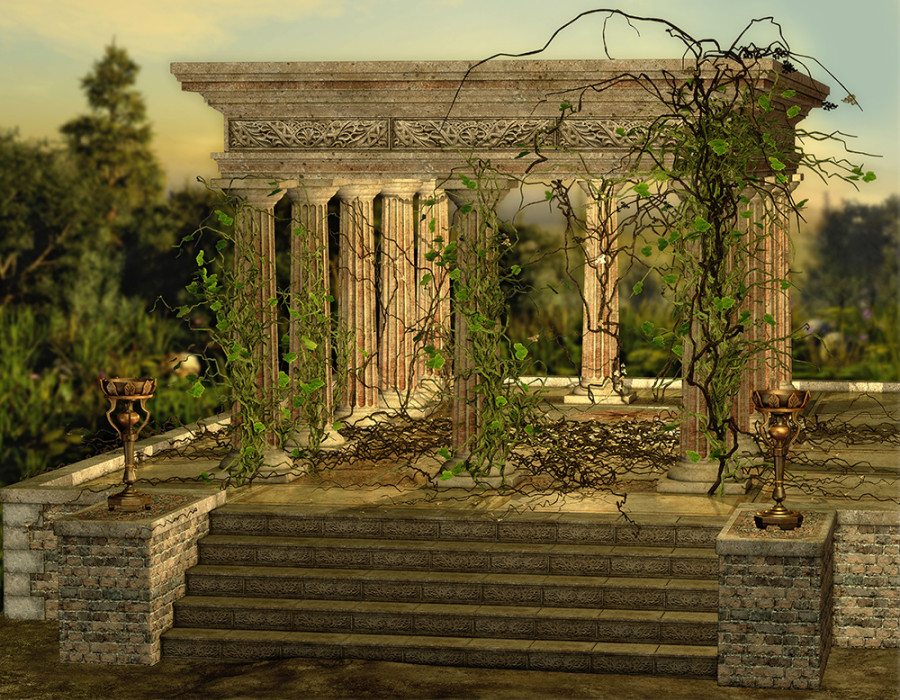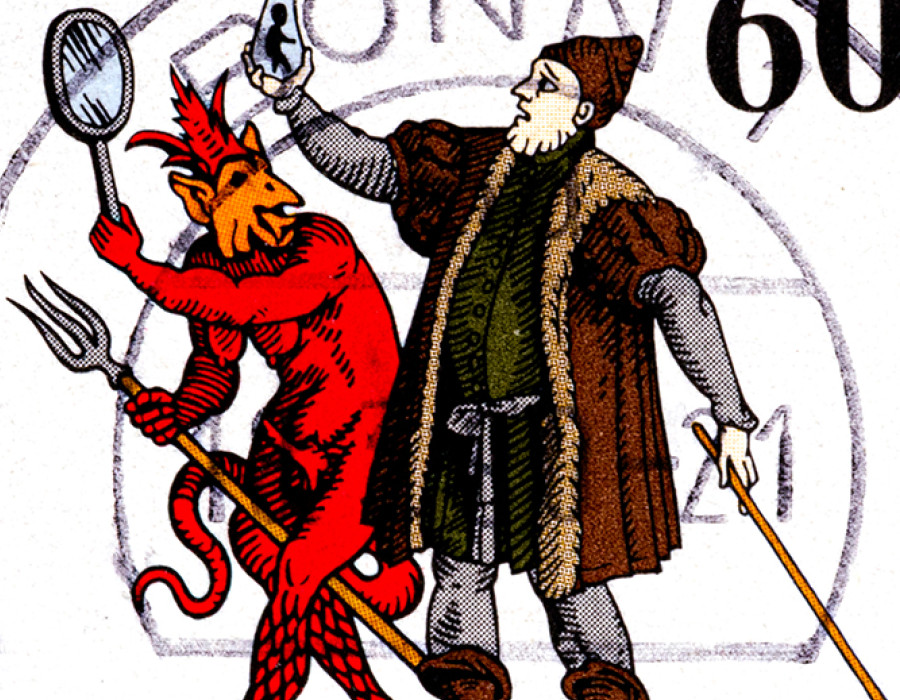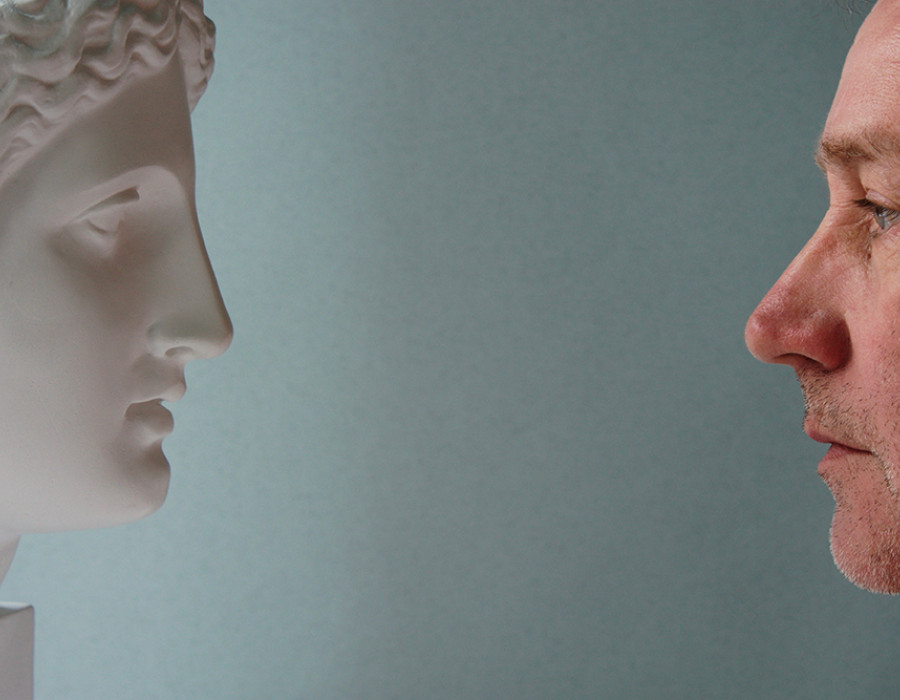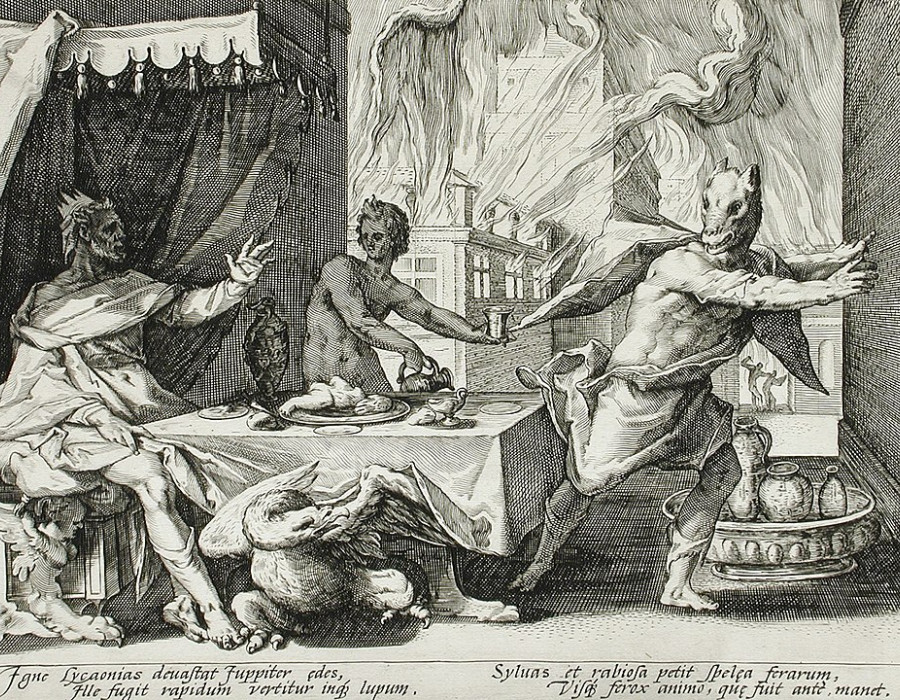Curse of the Werewolf
The Alchemy of Transformation
Martin takes a look at how spiritual power can turn humans into monsters.
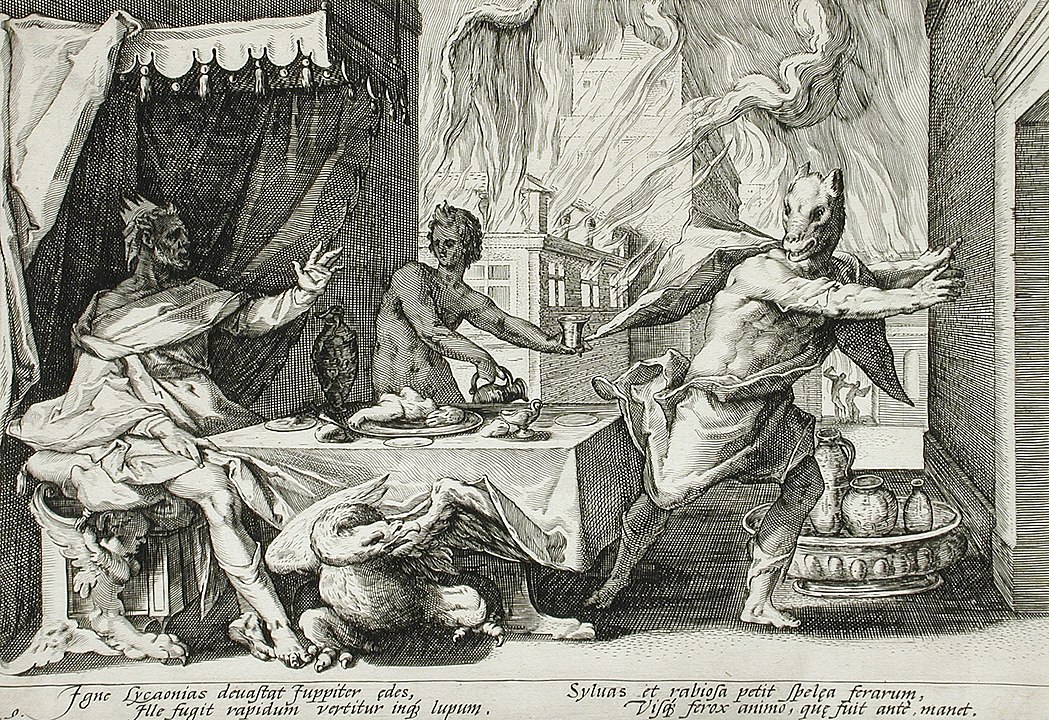
Zeus turning Lycaon into a wolf; engraving by Hendrik Goltzius.
In a quirky encounter in the Kukkuravatika Sutta, two ascetics ask the Buddha about the outcomes of their spiritual practices. The Buddha, all-knowing and aware of the karmic outcomes of all beings, tells them the obvious if unwelcome news.
One of the ascetics has a spiritual practice that means that he behaves and lives like a dog, the other ascetic behaves and lives like an ox. No doubt this was part of a wider spiritual tradition of self-abnegation and privation that the Buddha himself also practiced before his Enlightenment.
The bad news for these two was that for the dog-duty ascetic he would be reborn as a dog whilst for the ox-duty ascetic he would be reborn as an ox. Not the outcome for which they were hoping!
Through this encounter the sutta is able to reinforce the Buddha’s own understanding of karma, that like produces like.
However, if we look through the mirror of folklore and legends, we see that there are a number of reasons why a human may become an animal in form, and whilst it may not exactly reflect the doctrine of karma, it is remarkable just how often it is related to moral choices and behaviour.
Take, for instance, King Lycaon, a bloody tyrant, who killed, cooked and served the flesh of his own son to the god Zeus to test the latter’s omniscience. Zeus was so appalled by this behaviour that he turned Lycaon into a wolf. Rather like the above story of the dog-duty ascetic, we can see that Lycaon, by imitating the behaviour of a wolf, ended up being one himself. Wolves are legendary creatures but what terrified our ancestors more than anything was their ‘legendary’ and notorious reputation for the taste of human flesh.
In some cases, being turned into a wolf can be a test of ‘human-ness’ and self-control. Pliny the Elder tells the story of a certain tribe in Arcadia (an area in the Peloponnese). Once a year one of the young men is chosen by lot. He is led to a marsh where he takes off his human clothes, crosses the marsh and takes on the form of a wolf. He must live with the wolf pack who inhabit the marsh for nine years (a magical number, like three or seven). If he can refrain from eating human flesh then he can return to his human form. If not then he is forever wolf.
In this story there is a line drawn that seems to say that, even if circumstances take us out of the human realm, the outcome is mediated by our ethical choices whilst in adversity. But, if we succumb to them, then we can lose our human soul and be forever trapped by an animal soul or require a greater power to free us. One of the methods used to free a wolf, or its more contemporary counterpart, the werewolf, was exorcism.
The Swiss psychologist, Carl Jung, commented that early man fought a long struggle in order to develop what he called ‘human’ consciousness out of the more instinctual ground from which all consciousness arises. And that there is a perennial threat that this hard-won consciousness can be lost. Hence the line drawn about breaking the taboo around cannibalism. If there is such a crossing of the line out of our human consciousness, then a more powerful spiritual force will be needed since the human-person is lost when such a transgression takes place.
In terms of Zen training, this is warned about in the Bull Herding pictures at picture number seven. At this point, there is a merging of this more instinctual nature with the human, called ‘Bull Forgotten, Man Remains’. The danger comes, not from the Bull, but from the herdsman. If the attachment to ‘me’ and ‘mine’ & ‘myself’ is not sufficiently softened then the power of that instinctual life is warped away from the fully-human to the ego and the result is the ‘Bull-man’, a charismatic but essentially narcissistic personality. Such beings often leave a trail of destruction in their wake, including themselves - a cursed state indeed! Hence why this gentling process has to be so thorough before this transformation can take place.
Master Daiyu once told of someone from Daitokuji who had been recently promoted to the position of jiki jitsu. Despite this elevation he was not sure about it. So he decided to leave and re-start his training as a novice monk at a new training establishment. He had to undergo the hard entrance begging and endure being a first-year monk once more. Once this was over, he came back and this time took up his position. Master Daiyu commented that the difference in him was quite clear and that there was a quiet strength about him that was present in all circumstances.
Such is the importance of ensuring this thoroughness in the training. In the end the Bull is gentled not by force- the herdsman is always less strong than the Bull- instead it is by gaining trust and this means being able to let-go and truly lay myself down.


